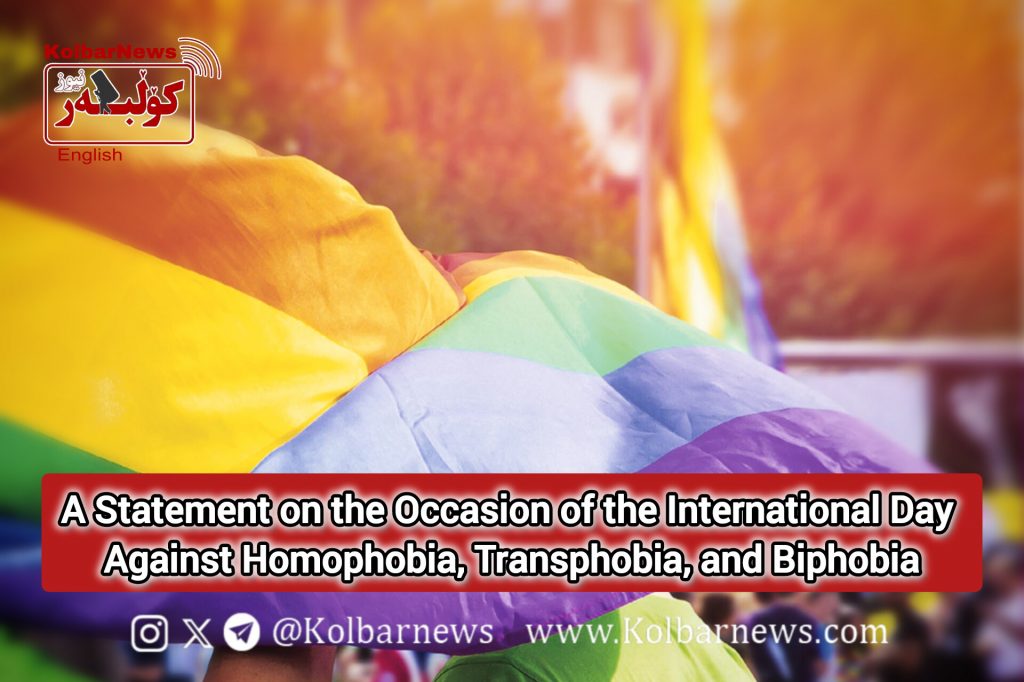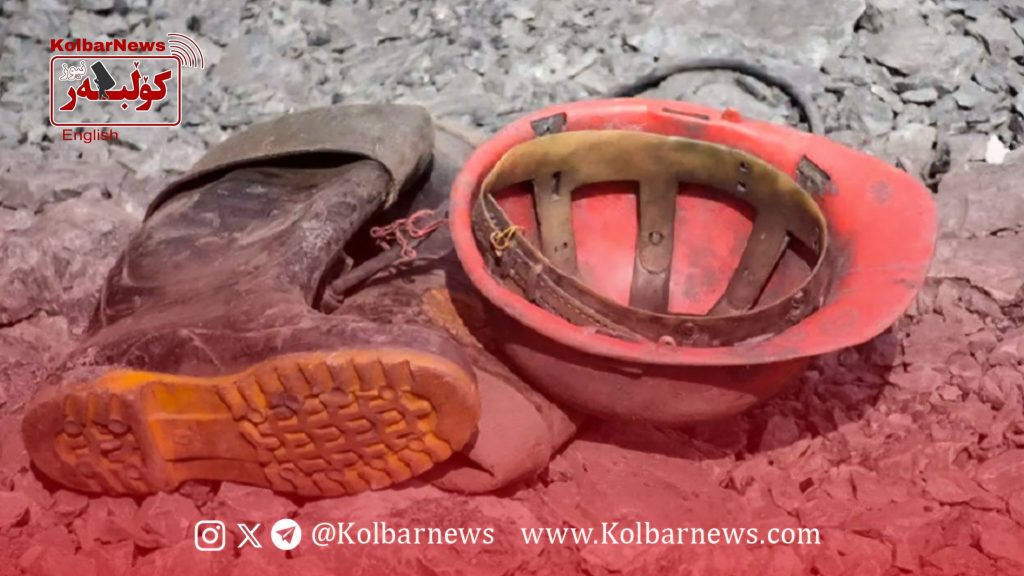
Saturday, May 17, marks the International Day Against Homophobia, Transphobia, and Biphobia. On the global calendar, May 17 is more than just a date; it is a day that not only remembers suffering and discrimination but also keeps hope for liberation alive. On this day in 1990, the World Health Organization declared that homosexuality is not a mental illness. Although this decision came far too late, it marked a turning point in the history of the fight for equality. Forty years earlier, the American Psychiatric Association had taken a similar step. Yet these changes were not the result of the will of medical institutions, but of years of struggle and resistance by the LGBTQ+ community.
Until recently, being transgender was also classified as a mental disorder. But in 2018, the World Health Organization announced that being transgender is not a disease. This change was formally adopted in international health classifications in 2019. Today, based on global health standards, neither same-sex attraction nor transgender identity is considered a disorder. If any specialist acts against these standards, their knowledge and competence should be questioned. However, these official advancements have not extended everywhere in our unequal world. In many countries, including Iran and most Islamic nations, not only is homosexuality still criminalized, but LGBTQ+ individuals also face severe punishments, torture, murder, or forced medical treatments. In Iran, homosexuality is considered a “crime” under Islamic Penal Code, and in some cases, the punishment includes the death penalty. The judiciary, security forces, state media, and even medical institutions jointly participate in this repression. Trans people are only allowed to legally change their gender after going through a complicated, humiliating process that requires approval from doctors and courts.
In many of these countries, the family has also become an arm of repression. LGBTQ+ teenagers are rejected, tortured, or even killed by their parents. The education system, devoid of any curriculum on gender and sexual diversity, enables the production of structural violence. Religion, law, tradition, and patriarchal authority work hand in hand to deny the very existence of LGBTQ+ individuals.
And yet, the resistance continues. In recent years especially after the Jin, Jiyan, Azadi (Woman, Life, Freedom) uprising in Kurdistan and Iran, and protests in other regional countries a segment of the queer youth has courageously stepped forward. They have tried to raise their voices through social media, writing, art, and underground organizing. In Kurdistan, long at the forefront of struggles for freedom and equality, resistance to accepting gender and sexual differences still exists, but change has begun and it cannot be stopped.
Globally, the LGBTQ+ community still faces new challenges. With the rise of Donald Trump in the United States, many protective policies for LGBTQ+ people, especially trans individuals, were revoked or weakened. The Trump administration, by supporting right-wing, racist, and heteronormative movements, created conditions that reproduced hatred and discrimination. The trans military ban, the rollback of protections in schools, and public support for anti-queer religious groups were just some of the attacks on LGBTQ+ rights.
This reactionary wave has not been limited to the U.S. In countries from Brazil to Hungary, far-right politicians mimicked Trumpist rhetoric to strengthen anti-queer policies. In such conditions, defending LGBTQ+ rights is not just a moral or human imperative it is a political and revolutionary necessity. Their freedom is inseparable from the freedom of all of us. Understanding this is crucial for leftist, socialist, and anti-colonial movements. One cannot speak of freedom, equality, and liberation while ignoring the lived experiences of LGBTQ+ individuals. As class struggle has shown, oppression always operates on multiple levels. Sexual, class-based, racial, and national oppressions are intertwined and must be challenged simultaneously.
May 17 is less a day of celebration and more a day of remembrance and reckoning. We must ask ourselves: What have we done in the face of LGBTQ+ oppression? Have we been silent and indifferent? Have we, in the name of tradition, religion, or “cultural difference,” legitimized this repression? Or have we stood beside them and amplified their voices?
Equality only has meaning when it is available to all. You cannot demand freedom for yourself while denying it to others. Just as democracy cannot advance with censorship, equality cannot be achieved through discrimination and exploitation. If we want a free, equal, and humane world, we must fight for it not only with weapons, but with awareness, organizing, education, and solidarity. LGBTQ+ individuals are not merely victims. They are builders of a freer and more humane world. Their struggle is a source of hope and inspiration. What was formally recognized in 1990 must now be realized in every alley, school, hospital, office, and street. We must replace labeling with empathy; exclusion with acceptance; humiliation with equality.
This day is a renewal of our commitment to a simple yet profound truth: Every person, regardless of gender, orientation, or identity, has the right to live as they are. This right is not a favor granted by states or societies, it is part of our human dignity. To realize it, we must stand firm, even if the world stands against us.

